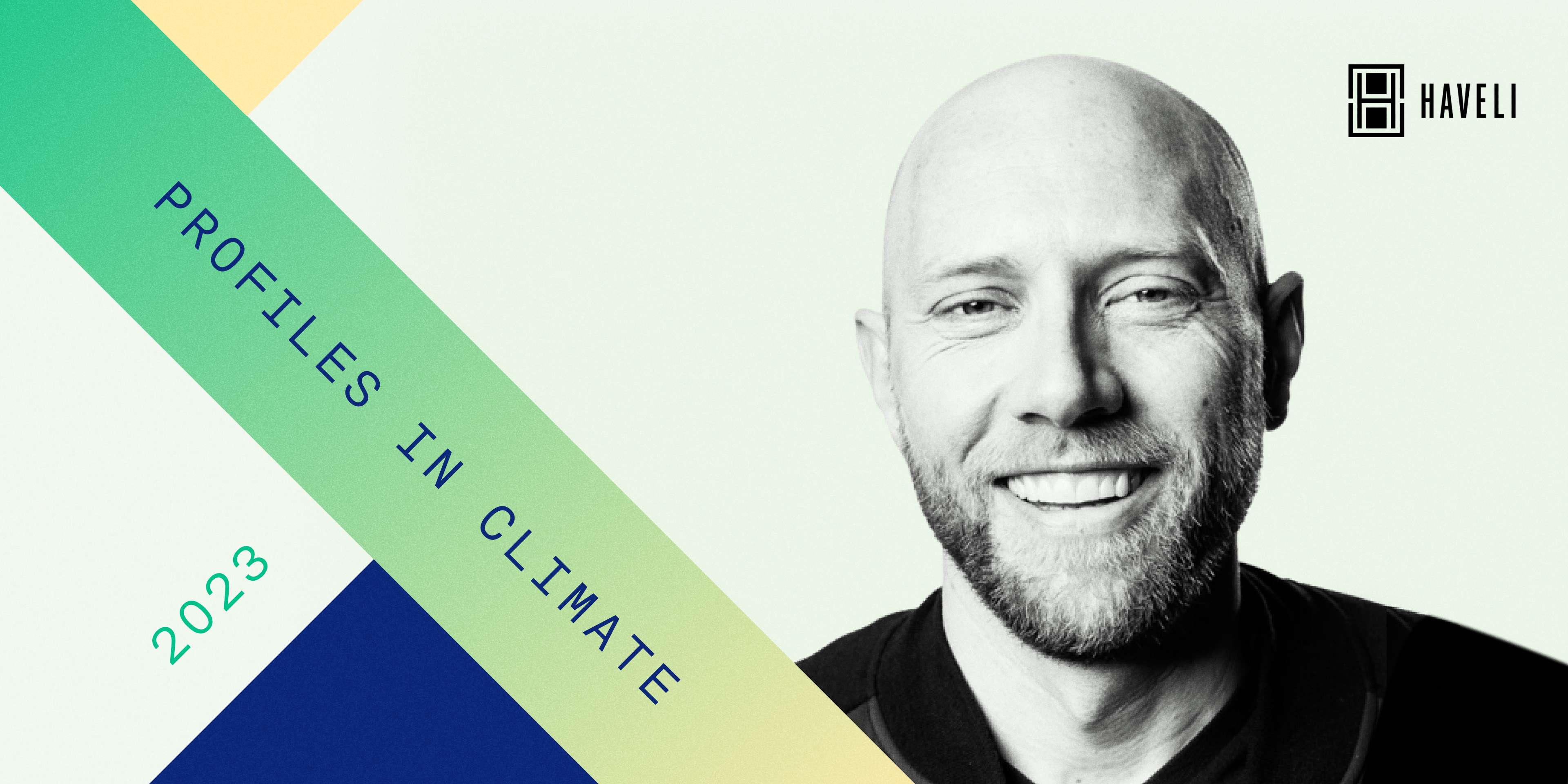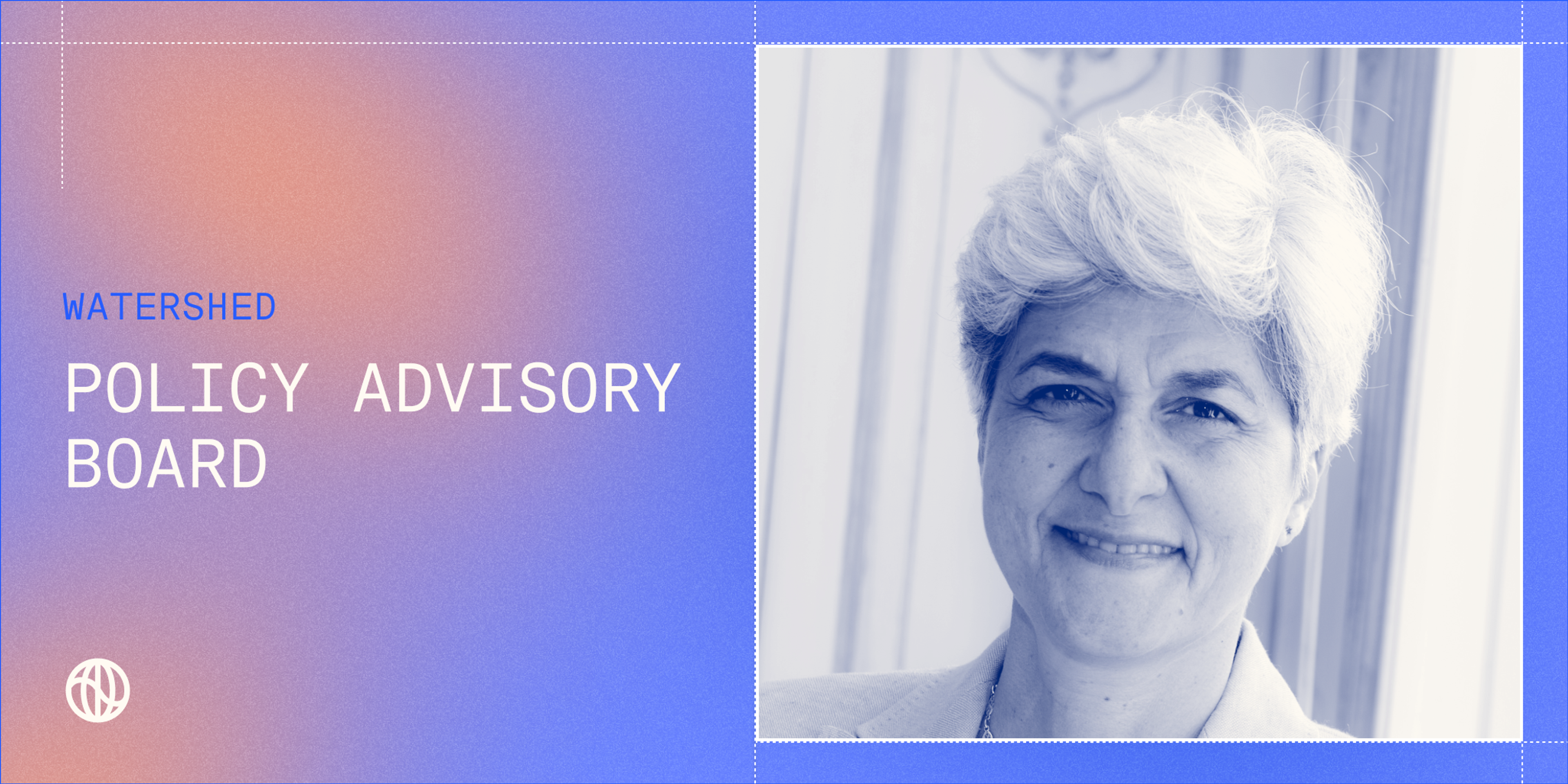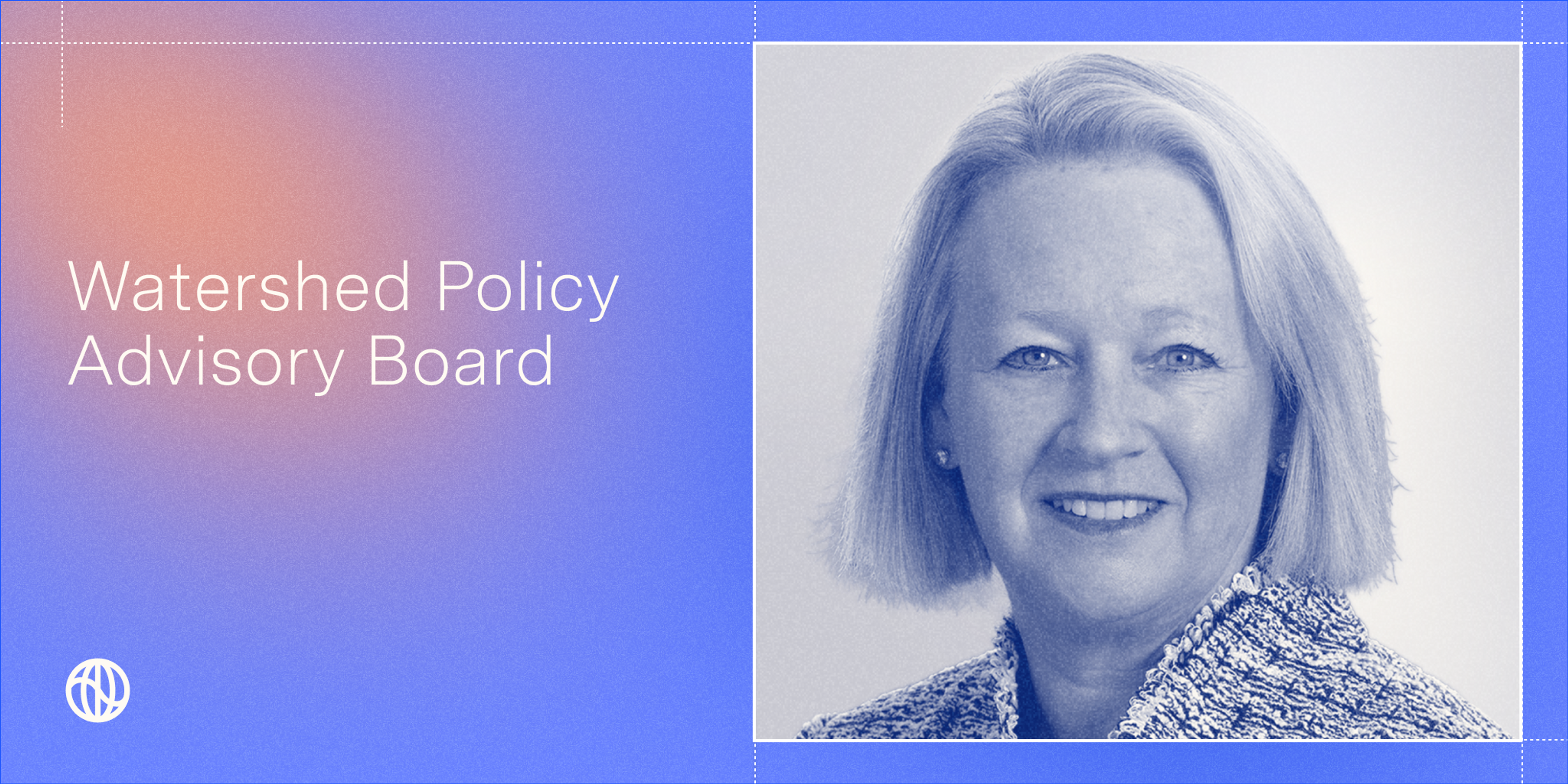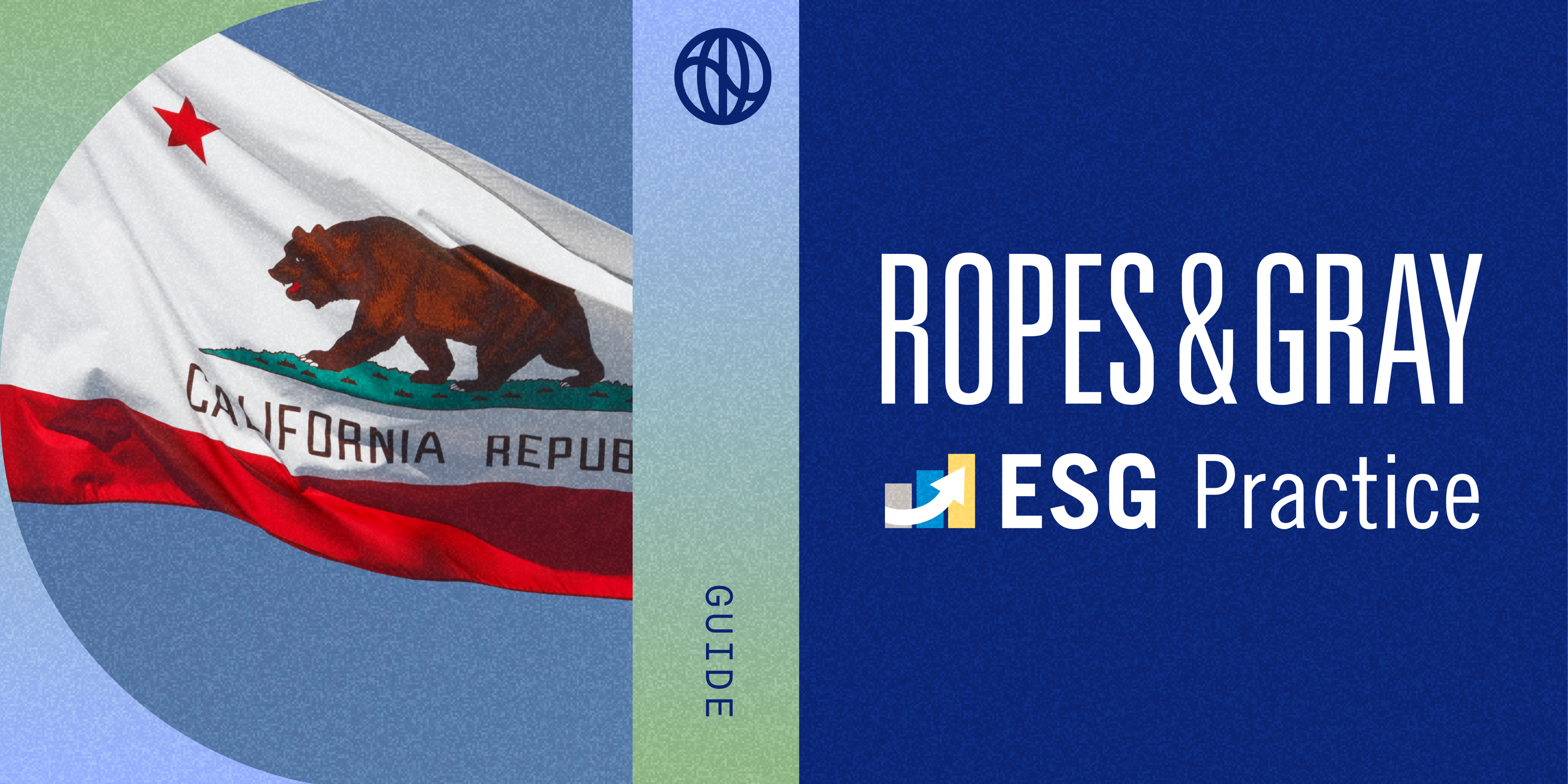Lucas Joppa is the Chief Sustainability Officer and Senior Managing Director at Haveli Investments, a new and rapidly growing investment firm led by Brian Sheth, former President of Vista Equity Partners. Before Haveli, Lucas was the longtime Chief Environmental Officer at Microsoft, responsible for its overall sustainability vision, strategy, and program execution.
How does your experience from Microsoft shape your approach to sustainability at Haveli?
My time at Microsoft showed me it’s possible to put a company on a net zero trajectory, and motivated me to normalize net zero as an operational criteria.
At Haveli Investments, I’m focused on putting as many companies as possible on that trajectory, because the world still needs proof this is possible. Software is going to sit at the core of a net zero carbon economy, and I want to show that the software solutions of the future are capable of being run as net zero solutions.
What are your top priorities at Haveli?
We just completed our carbon footprint and carbon removal purchase with Watershed quickly and painlessly, which itself is a huge thing to have done.
The next thing to tackle is making sure our sustainability requirements and framework are built into our portfolio company’s operations from day one. We’re trying to be a net zero portfolio from the start, and we need to work fast to get these companies working on decarbonization.
You’ve spoken a lot about the importance of transparency in your current and past roles. What do you think is the right way for companies to talk about their sustainability work publicly?
Say what you’re going to do, and then tell people what you’ve done to achieve it. Don’t shy away from the discourse of what’s hard and how you’re learning from that. Be humble and transparent. Everybody has a different perspective on what success looks like, so you and your organization have to be very centered about what success is for you, and then pursue that with deep sincerity.
This is a really tough time to communicate publicly around issues like sustainability and net zero transitions. Companies need to make sure that however they're talking about sustainability aligns with their core corporate competency.
What do you look for to see if a company is taking climate seriously?
It's so important to put in place some basic foundational, corporate governance mechanisms on sustainability in the early days.
To know if a company is being sincere about sustainability, you need to look at how they govern themselves and ask:
- Is sustainability overseen at the board level and a regular part of the agenda?
- Is the CEO being compensated based on decarbonization progress?
- Is there a directly responsible individual tasked with doing this?
- Is the organization being transparent with its stakeholders about progress?
Those are all the things that we require companies to do on their core financials, so that's what we should expect from a carbon perspective as well. A key part of this journey for companies, including those in the early days, will be getting started on their own carbon accounting journey so that they can track their progress and we can too.
What is the value of focusing on climate for a scaling company, like Haveli’s portfolio companies?
It’s nice to get critical things like sustainability integrated early so it can get deep into the culture, and so when you’re implementing at scale you can benefit from learnings and mistakes along the way.
As an investor, I expect companies that are thinking about new product lines and revenue streams with climate change in mind will reap some real benefits, including that procurement teams may prefer them.
Some of the biggest companies in the world in 2050 are going to be companies that figured out how to help the world decarbonize. If climate-focused companies aren’t exciting to you as an investor, then maybe you should let somebody else manage your money.
What book should Watershed’s book club read?
One that I just finished reading is the Invention of Nature: Alexander Von Humboldt's New World by Andrea Wulf. Reading coverage of the scientific greats makes you realize how short of a time it's been since we understood the interconnectedness of natural systems.
As soon as people started realizing how interconnected nature was, they started sounding the alarm about the negative economic impacts of humanity's degradation of the environment. We’ve known this for a really long time. Going back and refreshing yourself through some of the early great thinkers just inspires a feeling of “wow, we are so early on our journey of understanding what this place actually is.” And it rekindles my curiosity every time.



















